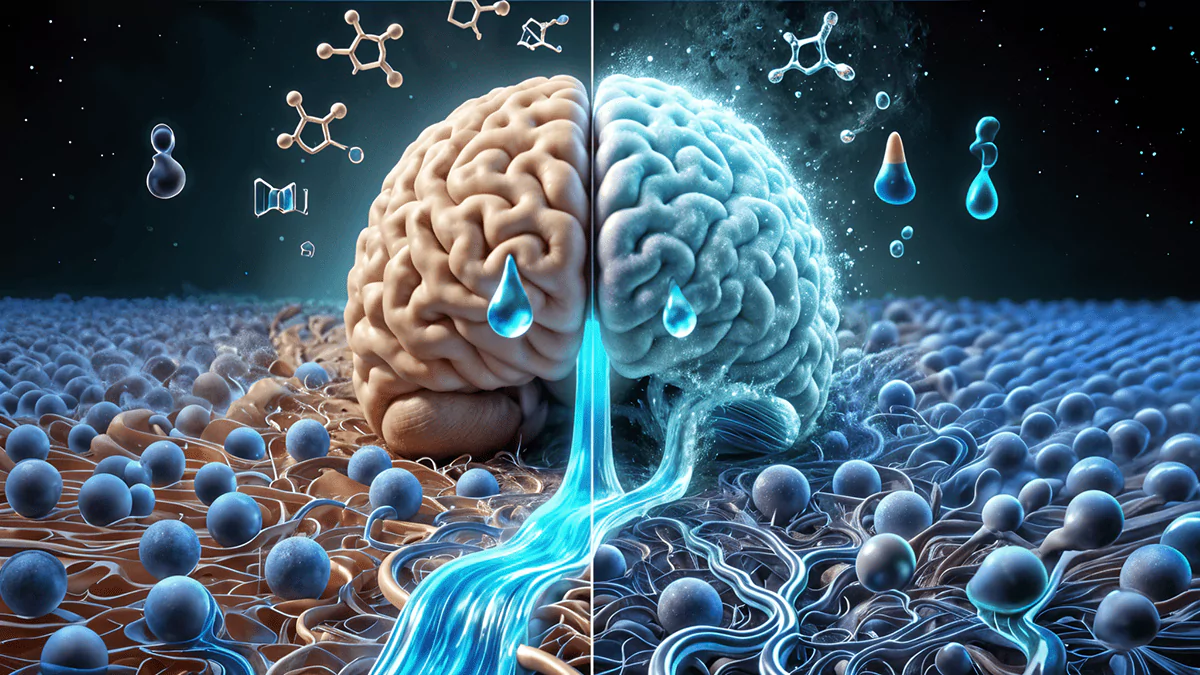A Good Sleep Improves Brain Functioning
Sleeping pills might help you fall asleep, but they can interfere with your brain's natural rinsing process.
- Sleep Cleans the Brain – When we sleep, our brain removes toxic waste using a process called the glymphatic system.
- This cleaning process depends on a chemical called norepinephrine, which controls alertness.
- Sleeping Pills Disrupt Cleaning – Sedatives reduce norepinephrine levels, making you sleepy but also slowing down brain cleansing.
- Scientific Evidence – Studies on mice (which also apply to humans) show that poor glymphatic function leads to toxin buildup in the brain.
- Avoid sleeping pills when possible and let your brain naturally clean itself for better long-term health.
1. Consider the following statements regarding the glymphatic system:
- It is responsible for removing metabolic waste from the brain during sleep.
- The process is regulated by the neurotransmitter norepinephrine.
- Sleeping pills enhance the glymphatic system's efficiency.
Which of the above statements is/are correct?
2. Which of the following statements about norepinephrine is correct?
- It is only a neurotransmitter and does not function as a hormone.
- It increases alertness and plays a role in the brain's waste-clearing process.
- It suppresses the glymphatic system’s activity, improving sleep quality.
- It is unrelated to sleep and cognitive functions.
3. With reference to the impact of sedatives on the brain, consider the following statements:
- Sedatives reduce norepinephrine levels, leading to decreased brain alertness.
- The suppression of norepinephrine enhances the natural cleansing of toxins in the brain.
- Long-term use of sleeping pills can interfere with the brain’s waste removal process.












